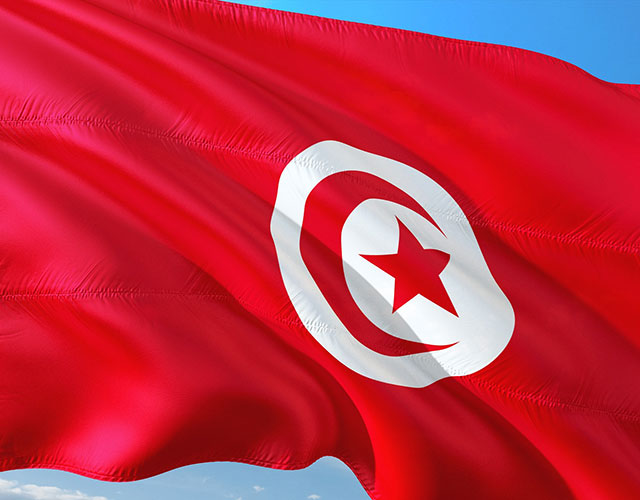Tunis – Cash-strapped Tunisia’s powerful UGTT trade union confederation on Tuesday announced a public sector strike on June 16 to protest runaway inflation and reject any moves to privatise public firms.
The announcement comes as Tunisians struggle with a grinding economic crisis, and as President Kais Saied’s government negotiates with the International Monetary Fund for a $4-billion bailout package in exchange for potentially painful economic reforms.
“All staff” at 159 state institutions and public companies will stop work to demand “immediate negotiations to restore Tunisians’ purchasing power” and guarantees that state firms will remain public, the UGTT’s central committee said in a statement.
The union accused Saied’s government of “undermining the principle of negotiation and backtracking on previously agreed deals”, at a time when the North African country is experiencing “insane and ongoing price rises”.
ALSO READ | IMF official urges ‘deep reforms’ to Tunisian economy
Inflation hit 7.5 percent in April, partly spurred by soaring energy and wheat prices due to the war in Ukraine.
Last week the UGTT said it would not take part in a national dialogue proposed by Saied, arguing that it excludes key political actors and civil society groups.
Saied sacked the government last July before dissolving parliament and moving to rule by decree, in moves opponents call a coup against the only democracy to emerge from the Arab Spring uprisings.
The former law professor has since laid out a political roadmap to adopt a new constitution and hold elections, but has provided few details on his economic plans.
Under pressure from the IMF, Tunisia has proposed to freeze its public wage bill, one of the highest in the world.
But the international lender has also urged it to reach a deal with the UGTT as a condition for a bailout package.
The Fitch ratings agency warned on Monday that tensions between the government and the UGTT were hampering negotiations with the IMF.
“Passing political and economic reforms without the UGTT’s backing would be challenging,” it said.
Follow African Insider on Facebook, Twitter and Instagram
Source: AFP
Picture: Pixabay
For more African news, visit Africaninsider.com


